
On Oct. 7, 2019, two hikers discovered human remains near the far side of the Williamson Bowl, above the sixth lake on Mount Williamson.
Several attempts were made to recover the remains; however, winter weather hampered recovery operations until Oct. 16, when the remains were transported to the Inyo County Coroner.
Identification has been determined by the Department of Justice through DNA to be Giichi Matsumura. The Manzanar National Historic Site was instrumental in piecing together Matsumura’s story through detailed historical archived data.
On July 29, 1945, two and a half months before his family would be released from Manzanar War Relocation Center – a camp where the U.S. government incarcerated over 11,000 Japanese Americans during World War II – 46-year-old Matsumura joined a group of fishermen setting out for the high mountain lakes of the nearby Sierra Nevada.

Several days later, on Aug. 2, Mr. Matsumura separated from the group of fisherman near the Williamson Bowl so that he could paint and sketch, a hobby he had taken up at Manzanar. A storm suddenly moved into the area and after it subsided, the fishing group was unable to locate Matsumura. They hiked back down to the camp, hoping that he had already descended. Unfortunately, they found that he had not returned to Manzanar.
After his disappearance, friends and family organized search parties with the permission of the War Relocation Authority (WRA), but their efforts were unsuccessful. In a 2018 oral history, Matsumura’s daughter Kazue, who was ten years old when her father disappeared, shared with National Park Service staff that her mother, Ito, “was really scared … I felt sorry for my mom, you know. She couldn’t eat or anything … And her hair, it turned white when we couldn’t find him. She had black hair and it turned white all of a sudden.”
On Sept. 3, 1945, Mary and Paul DeDecker from nearby Independence located Matsumura’s body near Sixth Lake in the Williamson Bowl. On Sept. 6, Manzanar Project Director Ralph P. Merritt authorized a party of six to hike to the area in order to bury Matsumura. Ito Matsumura sent a sheet with the burial party to cover her husband’s body.
“They had to leave him there,” Kazue said. “But you know, you couldn’t bring him down from there because it’s too high.” After he was laid to rest in the Williamson Bowl, the Buddhist Church held a funeral for him at Manzanar.
One month later, the Matsumura family left Manzanar to return to Santa Monica, where they had lived before the U.S. Army forced them to leave their home in 1942. Now a single parent, Ito had to rely on other family members to share their house with her and her four children, Masaru, Tsutomu, Uwao, and Kazue.
“She had to have … two or three jobs in order to feed us all and get us going,” recalled Kazue. “She worked really hard. That’s why I took care of my mom until she died … She sacrificed for us, so I sacrificed for her.”

At the request of Ito, the family returned to Manzanar a few times after the war. During these visits, they lamented not being able to visit Giichi’s grave. “That was very hard,” Kazue remembered, “because it’s so high and we can’t get up there. And to this day, it seems like he’s not passed away. It seems like he’s gone someplace, because I didn’t see his body.”
According to Manzanar Superintendent Bernadette Johnson, the memories associated with Matsumura’s death in the Sierra Nevada had been recounted for decades by many people who were involved in the search and burial. His burial location was even included in the Manzanar section of “Cemeteries of the Eastern Sierra” and in several NPS publications and exhibits.
“We have always wanted to respect his family’s privacy for the tragedy they endured near the end of their three year incarceration, being so close to leaving camp. After 74 years, we were quite shocked when we heard about a hiker finding his grave a few months ago, and we hope that his family will have some closure and peace now that a positive identification has been made by the Inyo County Sheriff’s Office,” she said.
Historical records and personal recollections indicate that early on, people occasionally snuck out of the camp to go fishing or pursue other activities. However, by the time Matsumura and the fishing party ventured out, the government’s exclusion orders had been lifted and Japanese Americans were able to leave camp. The Matsumuras, like many families incarcerated during the war, had no home or business to return to and so they continued living in Manzanar until the government shut the camp down permanently on Nov. 21, 1945.
At Manzanar National Historic Site, the National Park Service preserves stories of the Japanese American incarceration, and cares for related historic and cultural resources. The public is reminded that these important historic resources are federally protected and should not be disturbed.
Previous:Muratsuchi, Other API Incumbents Re
Next:Paying It Forward
 UPDATED: Gardena Police Trying to Identify Senior
UPDATED: Gardena Police Trying to Identify Senior
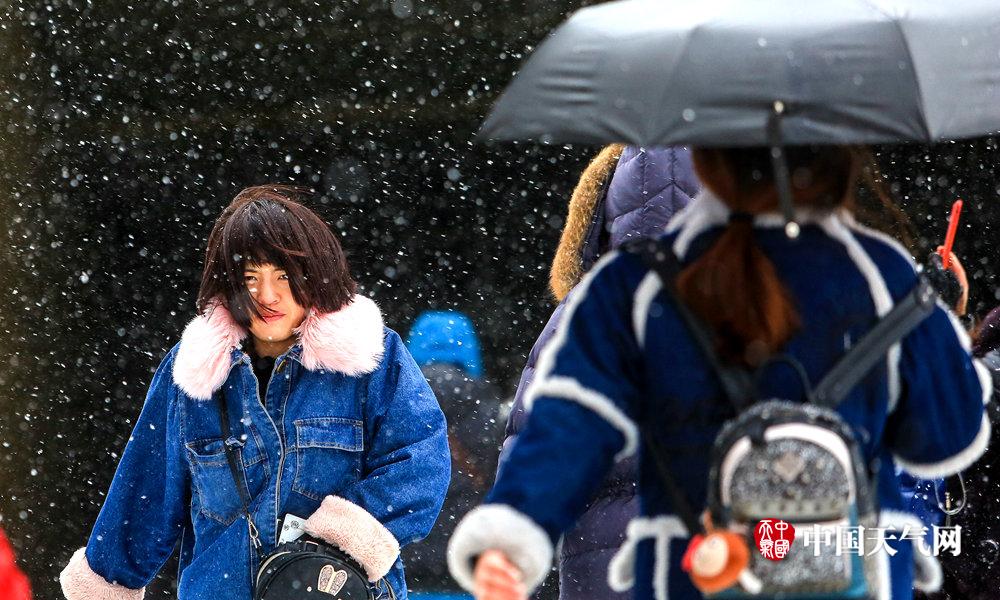 Why 2019 was the year of Dark Mode
Why 2019 was the year of Dark Mode
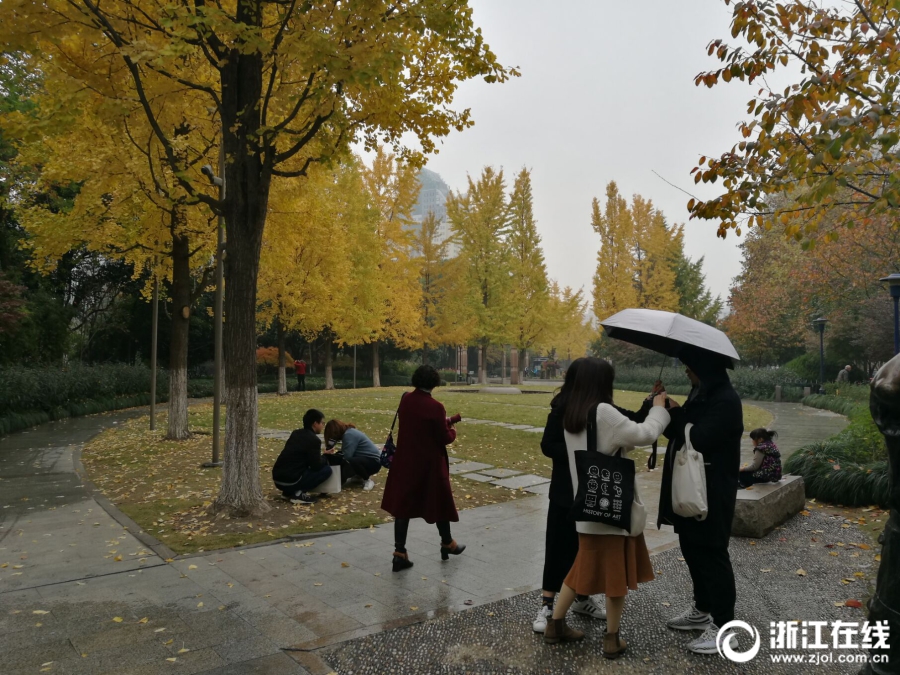 Influencer decides violent hijacking best way to elevate online brand
Influencer decides violent hijacking best way to elevate online brand
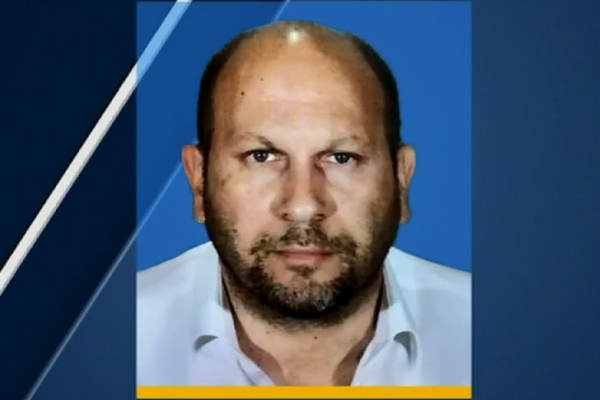 Snapchat Cameo is like a less scary deepfake for your Snaps
Snapchat Cameo is like a less scary deepfake for your Snaps
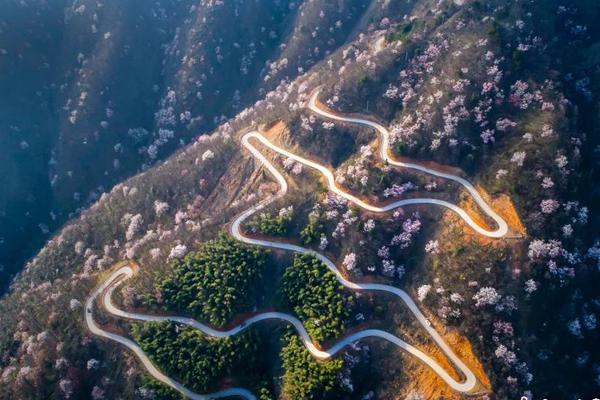 Rep. Lieu: Trump’s Statements in Helsinki ‘Utterly Shameful’
Rep. Lieu: Trump’s Statements in Helsinki ‘Utterly Shameful’
 How the horror
How the horror
 'The Office' stars revisit one of the cringiest episodes and talk Todd Packer
'The Office' stars revisit one of the cringiest episodes and talk Todd Packer
 Apple's iOS 13.3 update finally lets you disable those annoying Memoji stickers
Apple's iOS 13.3 update finally lets you disable those annoying Memoji stickers
 Get Up 8 Hosts Annual ‘Auction’ in Orange
Get Up 8 Hosts Annual ‘Auction’ in Orange
 A 'Star Wars: The Rise of Skywalker' scene will debut in 'Fortnite'
A 'Star Wars: The Rise of Skywalker' scene will debut in 'Fortnite'
 Little Tokyo Community Forum on WSAB
Little Tokyo Community Forum on WSAB
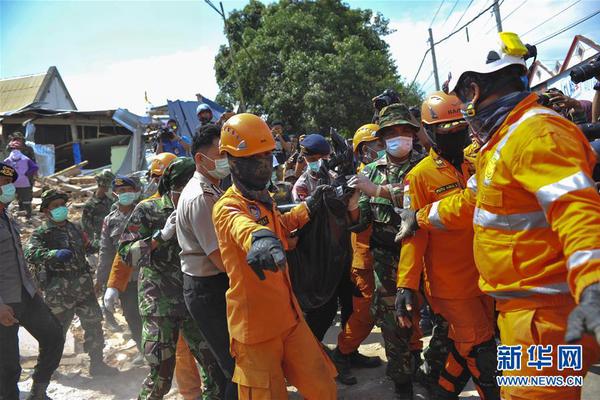 Caroll Spinney, beloved 'Sesame Street' puppeteer, is dead at 85
Caroll Spinney, beloved 'Sesame Street' puppeteer, is dead at 85
 Messenger gets Star Wars theme, complete with stickers and AR effects
Messenger gets Star Wars theme, complete with stickers and AR effects
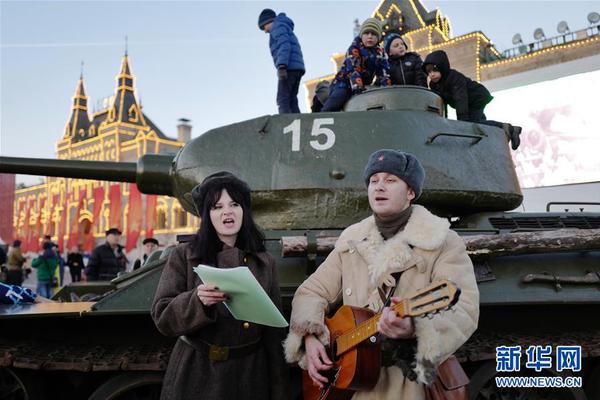 Facebook adds lip syncing feature to Portal speakers
Facebook adds lip syncing feature to Portal speakers
 Kizuna Announces Nitahara as Its Executive Director
Kizuna Announces Nitahara as Its Executive Director
 NASA satellite image shows a cyclone spinning off the U.S. West Coast
NASA satellite image shows a cyclone spinning off the U.S. West Coast
 These 2019 entertainment moments were so good we said NOPE!
These 2019 entertainment moments were so good we said NOPE!
 The Knot, Pinterest pledge to (finally) stop promoting content that glamorizes slave plantations
The Knot, Pinterest pledge to (finally) stop promoting content that glamorizes slave plantations
 2018 Women of the Year to Be Honored
2018 Women of the Year to Be Honored
 A 'Star Wars: The Rise of Skywalker' scene will debut in 'Fortnite'
A 'Star Wars: The Rise of Skywalker' scene will debut in 'Fortnite'
160+ deals from Walmart's Black Friday sale Nov. 24How 'Bluey' taught me to let go and love dad rockHow 'Bluey' taught me to let go and love dad rockI review cheap gaming laptops for a living. This is the best one under $1,000.30+ Black Friday gaming keyboard deals 2023Robot Mop Black Friday deal: Over $150 off iRobot Braava Jet M6Black Friday Anker Soundcore deals: headphones, earbuds, speakersGoogle Bard's YouTube extension can now answer complex questionsI love Reylo fanfiction — and so does publishing, thanks to AO3Kindle Oasis Black Friday deal: $70 off Kindle Oasis Play 'It's What's Inside' with friends through Netflix's online game On the Other Side of Despair Today's Hurdle hints and answers for October 9 October Prime Day luggage deals [2024] Best October Prime Day deal: Get Amazon Fire tablets up to 56% off Best LG TV deal: Save $700 on LG C4 OLED TV this Prime Day Consider the Chickens The Sun Goeth Down Best October Prime Day travel deals [2024] Constantine Cavafy, Influencer
0.1462s , 12274.9140625 kb
Copyright © 2025 Powered by 【sex cages videos】Enter to watch online.DNA Results Announced for Remains Discovered Near Mt. Williamson,Global Perspective Monitoring